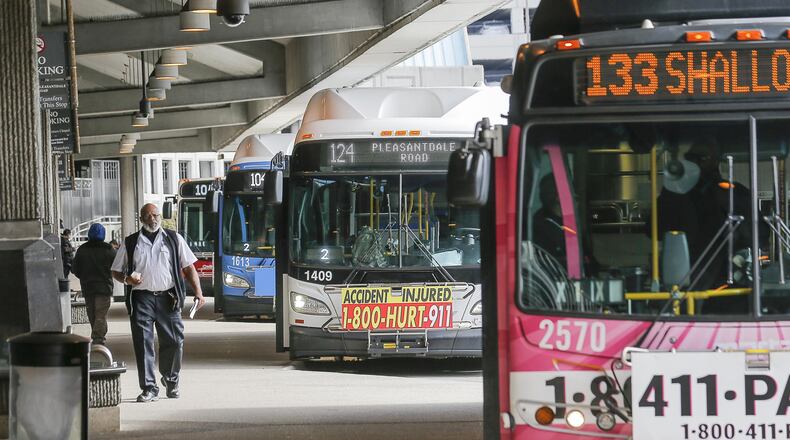Early voting in Gwinnett County’s MARTA referendum has begun, headed toward the March 19 voting day. Here’s an FAQ on some questions around the proposal:
Q: If we approve this, are we just giving MARTA a big pot of money?
A: No. Under the contract, new 1 percent sales tax collections would start April 1. The state would remit all of the new sales tax revenue collected directly to Gwinnett County. Gwinnett would then write checks to MARTA for various obligations. The contract also says tax money collected in Gwinnett must be used "for the benefit of Gwinnett."
Q: Will Gwinnett's money be used elsewhere?
A: Some Gwinnett money would go to MARTA in order to cover the county's "fair share" of operating, maintenance and "state of good repair" costs for the entire MARTA system. And part of that will also be earmarked to cover the costs associated with MARTA taking over, running and expanding Gwinnett County's current bus system. That money currently comes from the county's general fund (which is fed by property taxes). This portion would only be in place for the first six years of the contract between Gwinnett and MARTA. It would be renegotiated after that.
Q: What happens if financial projections don't add up? Could they come after my property taxes?
A: It's theoretically possible but unlikely. The contract between Gwinnett and MARTA identifies the new sales tax, farebox proceeds, state and federal funds and borrowed money as potential revenue streams for the transit plan. It does allow use of "other funds" at the county's discretion. But county officials have described their revenue projections as "very conservative" and vowed to "manage to the budget," which they've long done with road and other transportation projects funded by more traditional SPLOST programs. The county has had a AAA bond rating from all three major agencies for more than 20 years.
About the Author
Keep Reading
The Latest
Featured


